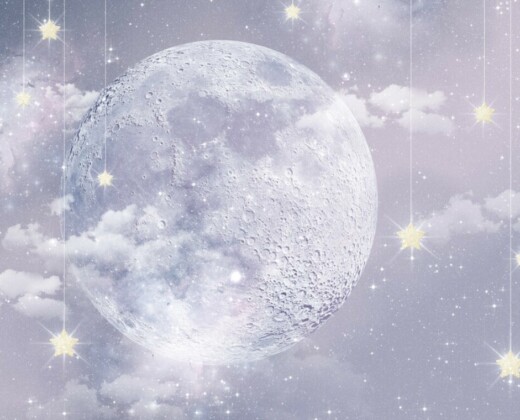It’s a scorching hot day and I am picking my way across the rock pools on a familiar beach. The sun is high in the sky as I make my way back to the cobbled streets of the town above when all of a sudden the people around me start to gasp. The sun gets brighter and brighter in the sky and then rapidly dims as if the power has been cut. A week earlier, I woke up convinced that I had been in some kind of plane crash and had to swim through the wreckage to rescue my entire family. Bizarre and vivid dreams have become a fairly routine part of lockdown for me, and it appears that I am not the only one.
During the first lockdown in March 2020, google searches for ‘why am I having weird dreams lately?’ more than tripled. Twitter accounts like @quarandreams started popping up to retweet the crazy night terrors many of us began experiencing. People around the world started sharing stories of the dreams and nightmares they were having, ranging from finding a cure for Coronavirus to running from a tsunami.
Although scrolling through these accounts is a great new form of entertainment, it didn’t answer why someone like me who would never normally experience dreams was suddenly waking up each morning with a new action movie plot to share around the breakfast table.
According to Deidre Barrett, assistant professor of psychology at Harvard Medical School and author of The Committee of Sleep and Trauma and Dreams, it is because people are sleeping longer. Coronavirus and the new normal of working from home have meant that for many people there is no need to get out of bed as early for the daily commute. Barrett explains that the ability to stay in bed longer has increased the amount of Rapid Eye Movement (REM) sleep people are getting. In a normal sleep cycle, REM sleep comes after a sustained period of deep sleep and it is when we are most likely to experience vivid dreams.
So what about the crazy visions and strange scenarios that we conjure up?
Professor Mark Blagrove from the Sleep Laboratory at Swansea University claims that our dreams are an extension of the emotions we have felt in our waking life during the day. Blagrove explains that during the Coronavirus pandemic, people are feeling stressed about the health of their loved ones, especially the families of healthcare workers, and are carrying this stress into their dreams.
Megan Crawford from the Strathclyde Sleep Research Unit clarifies that this stress could also be why more people seem to be remembering their dreams during lockdown. Disrupted sleep and emerging repeatedly from the REM phase throughout the night could be part of our fight or flight response, Crawford explains, because in this anxious state our bodily functions are ramped up. The most typical anxious dreams, therefore, tend to involve highly stressful scenarios that require us to fight or flee, such as tornadoes, flooding, or tidal waves.
So is there anything we can do about it?
Blagrove argues that during this time when people are cooped up at home with each other, the best thing to do is to share our dreams.
“We have evidence that when people discuss dreams, the one who’s listening becomes more empathetic towards the person who’s sharing the dream. They start to understand the emotions and life circumstances of the other person” [Professor Mark Blagrove, Swansea University]
The experts are therefore hopeful that this strange period of time at home will encourage us to reach out to others by learning more about our relationships with sleep. It’s time to start more of our conversations with the line:
‘I had the weirdest dream last night…’
Words by Becca Seib






